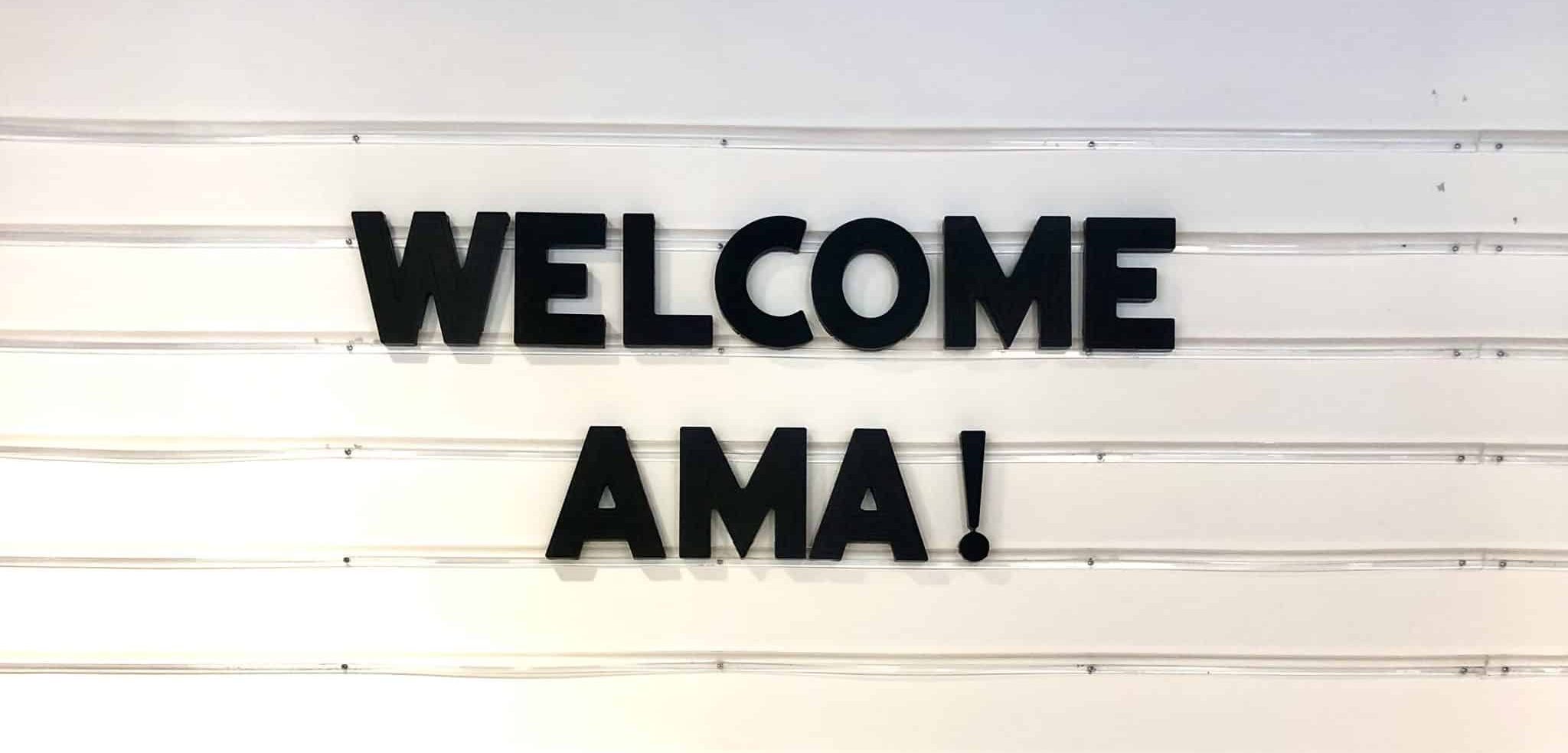There is much ambiguity as to when to post on social media. A simple web search makes matters all the more confusing, with many conflicting recommendations.
Much of this ambiguity is because the best time to post depends largely on the targeted industry audience and demographics. Below we outline the best times to post on Facebook, Twitter, and Instagram for B2B and professional services firms, based on trends we’ve observed from several thousands of social media posts. We’ll also cover where to look to find your firm’s unique audience’s activity across these major platforms.
Compared to other platforms, everyone and their brother is on Facebook. Popular across desktop and mobile alike, Facebook is often used as a quick break during the day, as well as in the evenings and weekends.
B2B and professional services audiences tend to be the most active on Facebook during 12-3PM, Monday through Thursday, as well as evening hours around 9PM. Scattering a few posts throughout the afternoon across weekdays is a good, simple strategy for post visibility.
To dig deeper into your audience’s unique footprint, look on your company’s Facebook page under Insights > Posts to see a graph of When Your Fans Are Online.
Instagram is a mobile-first platform. Along with Twitter, it’s often pulled up during off-hours, such as lunchtime and in the evening. B2B audiences are particularly active in the afternoon and evening hours, with the exception of 5-7PM, when there is a lull in activity during commuting and dinner hours. Not surprisingly, the best time for firms to post on Instagram is just before these peak hours, around 11AM-noon, 3-4PM, and after 6PM on Tuesday-Friday.
To take a look at the best days and times to post on Instagram to cater to your audience, from your firm’s Instagram account, go to Insights > Audience and scroll down to Followers for graphics of the best times to post for your audience by day.
Compared to other social media platforms, LinkedIn is more likely to be browsed via desktop, however 57% of B2B buyers browse LinkedIn via mobile devices. This is not surprising, as LinkedIn is often used as a networking tool and for firms to establish themselves as premier employers in search of qualified talent by sharing thought leadership pieces, company events, and new hires.
B2B and professional services audiences tend to see the most success with posting on Tuesdays. If you are looking to appeal to candidates for hire, you’ll want to target your posts just before candidates get off work. If you are looking to engage with industry peers, your posts can be spaced out more, while still focused on off hours, such as 11-1PM and 4-7PM on Tuesday – Thursday.
While LinkedIn does not give visibility into when your audience is online, our analysis shows peak post times to be in the evening hours on weeknights. If you’d like to see what works best for your brand, take a look at your best performing posts in terms of impressions and engagement rate under Analytics > Updates.
Twitter shares commonalities with Facebook and Instagram. 80% of its traffic comes from mobile devices, making it an ideal off-hours platform with similar user behavior to Instagram. On the other hand, Twitter’s user demographic is more similar to Facebook—slightly older and less mobile savvy than Instagram—and Twitter users are active throughout the afternoon, possibly between meetings.
It’s not surprising that the best times to post on Twitter for B2B and professional audiences are similar to Instagram and Facebook, from 8-10AM, 11-12PM, 2-4PM, and 5-6PM on weekdays. Twitter is unique from the other platforms in that the average half-life of a tweet is only 18 minutes, and so tweets should be frequent throughout the day, at least five times daily for maximum impact. Scattering posts throughout the day—as many tweets as your firm can post on a consistent basis—starting at 8AM and extending just past business hours is a good tactic for Twitter.
Twitter analytics does not provide metrics on when your fans are online. Outside tools Tweriod and Followerwonk can tell you when your audience is online, or Twitter allows you to export your tweet data to analyze it in-house if this is up your alley. Just go to Analytics > Tweets, specify a date range, and then hit Export data.
Consider your firm’s unique audience
Every audience is different. While a financial executive might scroll through social media feeds in the morning while waking up, during his lunch hour, and after returning from work, this behavior may be starkly different from a general contractor who is on the go with varied hours. Factor in your knowledge of your audience’s behavior, whether they’re on the go and likely to use mobile platforms, or mostly at a desk. When in doubt, start with the guidelines above and use a post scheduler to post at a variety of times, taking note of which posts garner the most impressions and engagement, and adjust accordingly.




